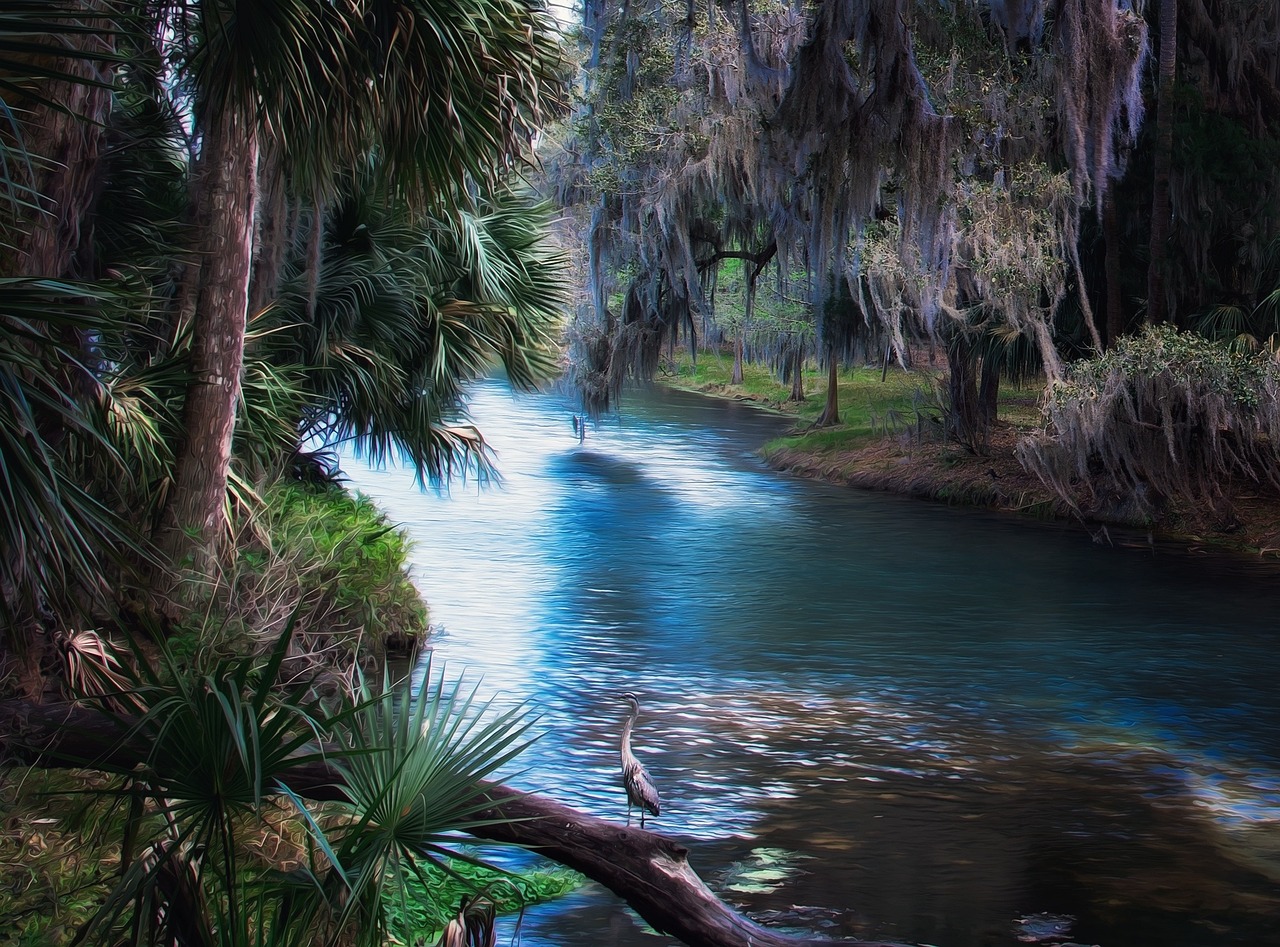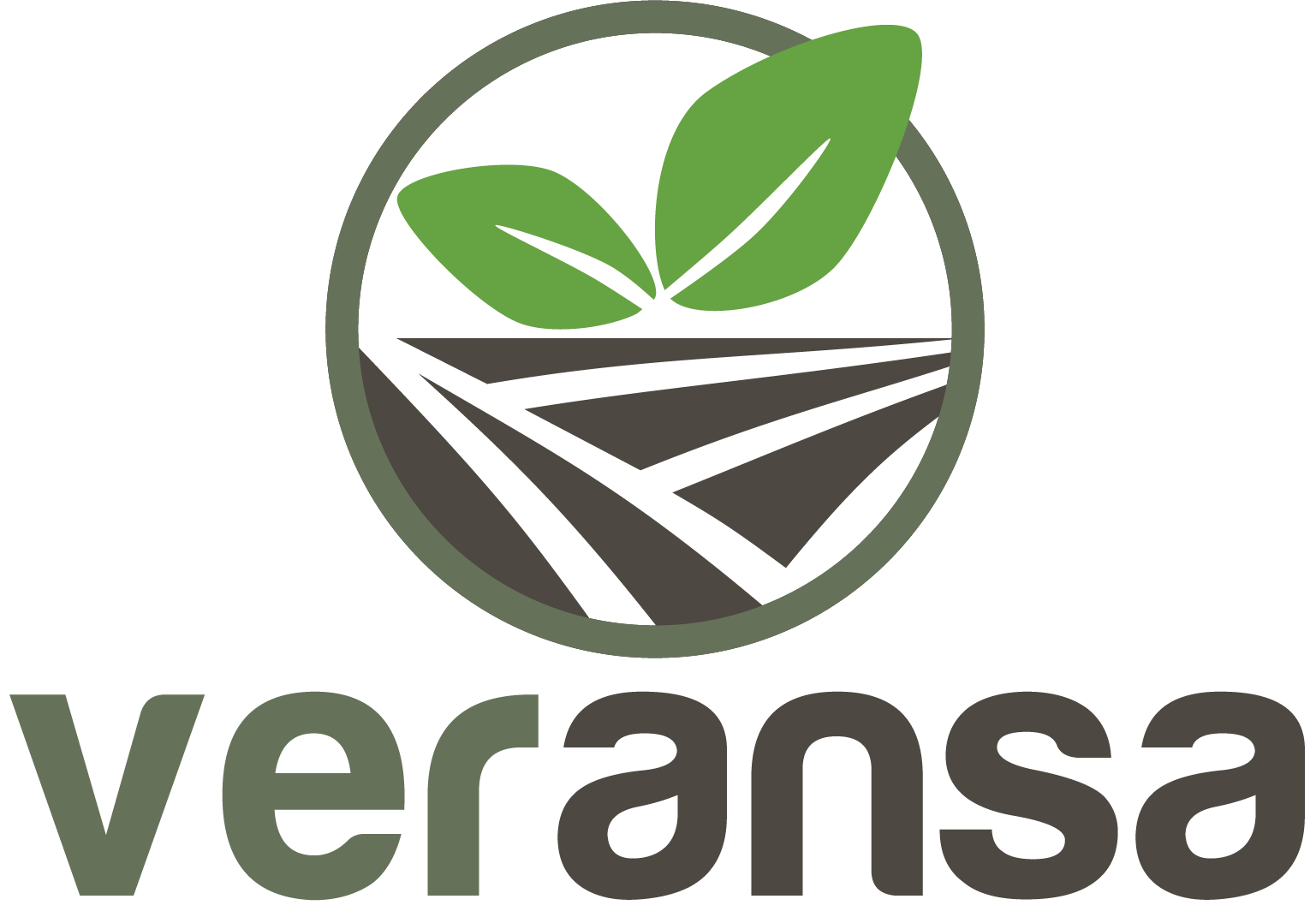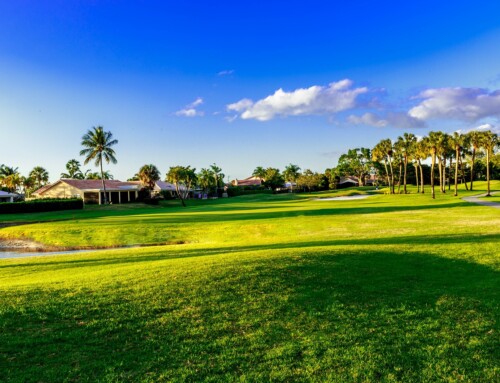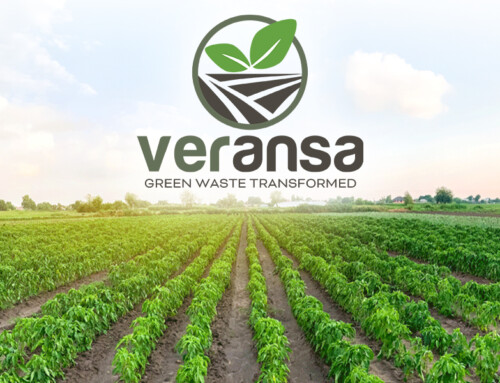Water quality is vital to the economy and lifestyle of Florida. Anyone who has visited the state knows just how much we enjoy our bays, rivers, estuaries, and waterways – as well as the Gulf of Mexico. Comprehensive management of the state’s water has allowed for many benefits, including:
- the evolution of the agricultural industry
- the diminishment of flood waters
- the storage of water for utility during periods of drought
- the avoidance of saltwater intrusion into the groundwater
- the protection of residential and urban areas
- the construction of urban and agricultural zones in traditional floodplains
- the expansion of navigation and commerce

Residential Floridians typically don’t directly influence the issues surrounding water quality, but there is one aspect of water quality that individuals can impact—yard waste. Every year, yard waste comprises 20% of the waste stream—and that percentage can rise as high as 50% during the summer and fall seasons. When handled incorrectly, this much yard waste can have serious adverse impacts on local water resources. By handling their own yard waste, homeowners can save money but also reduce potential water pollution.
A technique that is commonly utilized by home landscapers is grasscycling. Although the average Floridian may not realize it, recycling grass clippings can reduce landfill waste and prevent potential water contamination while returning valuable nutrients back into the soil.
Grasscycling
Grasscycling is defined as leaving the grass clippings on the lawn when you mow. Because grass clippings are primarily water and nitrogen, they decompose quickly and return essential nutrients to the lawn. Grass cycling saves money by minimizing gas consumption and the usage of lawn bags and fertilizer. By routinely returning clippings to the lawn, necessary fertilizer applications may be reduced.
In order to be effective against water pollution, grasscycling must be done properly. Clippings should be directed back to the lawn, which requires extra attention when utilizing a side discharge mower. If clippings are blown onto driveways or sidewalks, they can end up in drains and surface water. Clippings will infuse nutrients into the surface water and encourage algae growth that can deplete oxygen. This is bad for water quality, as well as our fish, birds, and wildlife species. Therefore, any clippings that end up on impervious surfaces should be swept or blown back onto the lawn. You may want to consider a mulching mower, which pulls clips up into the mower so they can be chopped into smaller pieces before being replaced on the lawn. Expert Tip: Mow toward the center of the lawn and toward the discharged clippings to re-cut and distribute over the lawn.
If you cannot or do not want to leave the clippings on the lawn, collect them to use as mulch. Simply place clippings in a thin (0.5-inch to 1-inch) layer around annual and perennial trees and plants. Be sure to remove all weeds before putting down the mulch. You can also mix grass clippings with shredded leaves and distribute around plants your plants.
Yard Waste Recycling Benefits the Environment
In addition to grass clippings, there are other ways residential homeowners can help to protect the watershed. Choosing organic composts and soils rather than chemical fertilizers can go a long way. Traditional fertilizers deteriorate soil health and result in less nutrient-dense foods, as well as harm local waterways. They easily seep through Florida’s sandy soil into the watershed or are transferred in the waterways when it rains, contaminating the water, damaging the ecosystem, and adversely impacting tourism.
The Veransa Group is committed to protecting Florida watersheds and waterways while helping residents to use less water and utilize fertilizer more safely. Click here to learn more about our sustainable organic soil products.



